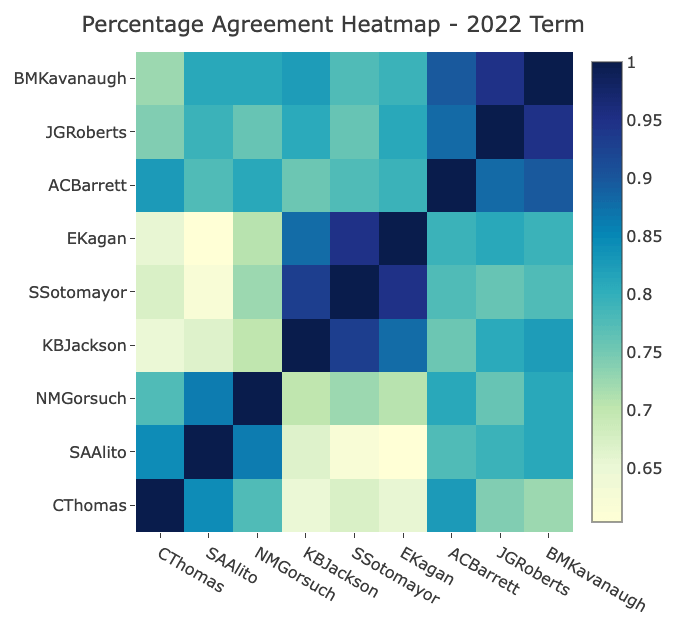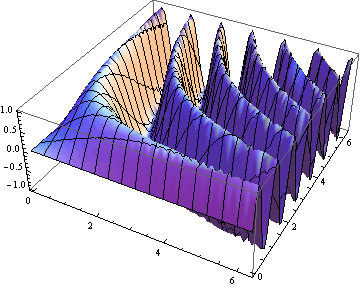Introduction to Data Analysis for Physics
Data is everything. Even for physics. Especially for physics.
Physicists (both praciticing and in training) rely on data for insight into the laws of the universe. However, processing data effectively, analyzing data correctly, and presenting data elegantly are skills often learned on an ad hoc basis, rather than in a classroom setting.
Will Beason and I set out to correct that.
Will and I co-wrote Data Analysis for Physics as an online introductory textbook using Brad Miller's runestone system. In it, we cover the basics of using Wolfram Mathematica, LaTeX, and basic statistics as a bare-bones introduction to professional physics (really, professional research). Though many of the examples come from a physics perspective, the techniques are far more general.
The course materials have been used for multiple 1-hour, for-credit, student-led classes at UT-Austin since Will and I co-led the first iteration in Spring 2014. I'm especially thankful to Dr. Greg Sitz who handed us the reins for the curriculum in a grand educational experiment.


